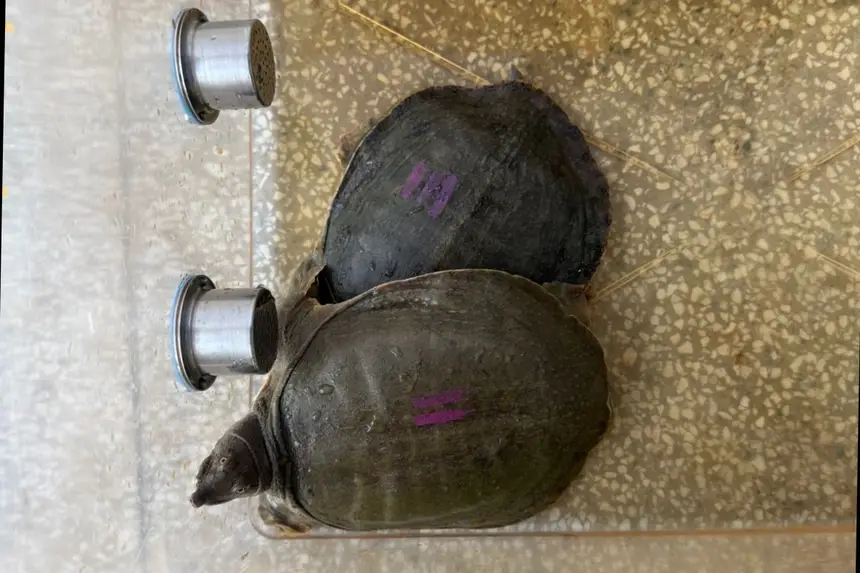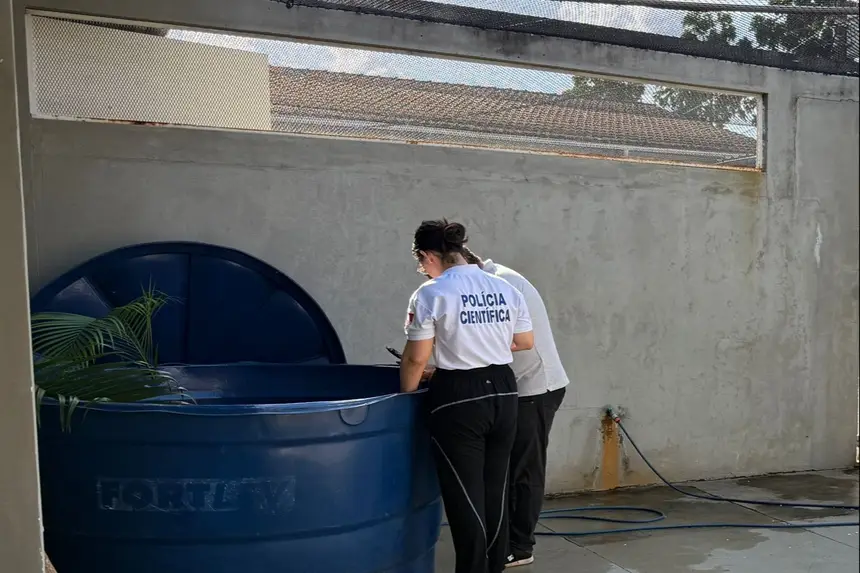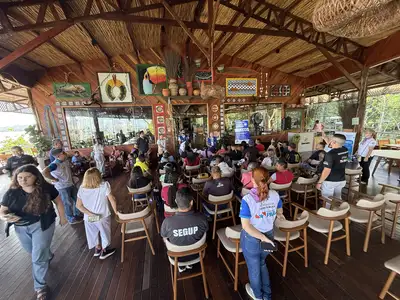Forensic Police investigates 35 animals seized at PRF checkpoint in Castanhal
Reptiles of various species were being transported in cardboard boxes in the luggage compartment of a bus, under unsanitary conditions
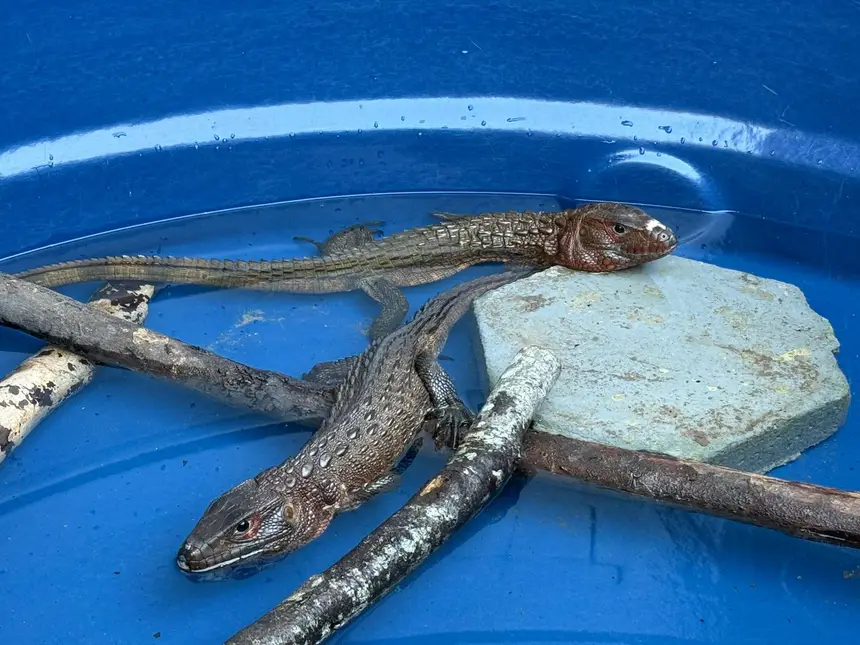
The Forensic Police of Pará (PCEPA) investigated 35 animals seized by the Federal Highway Police (PRF) on a bus at the Castanhal checkpoint (Metropolitan Region of Belém) on Friday (18). Transported in cardboard boxes, in conditions of mistreatment, reptiles of various species were found in the luggage compartment, some with immobilized legs and tails, and inside cloth bags and socks.
Gabrielle Cardoso, a veterinarian and forensic expert from PCEPA, reported that the animals show clear signs of mistreatment. "They have abrasions, dehydration, malnutrition. UFPA (Federal University of Pará) is conducting some procedures, such as X-ray exams and serology, to determine if the animals have any diseases. We were on-site to collect data for the investigation, which consists of technically identifying species and confirming the mistreatment situation the animals are in," said the doctor.
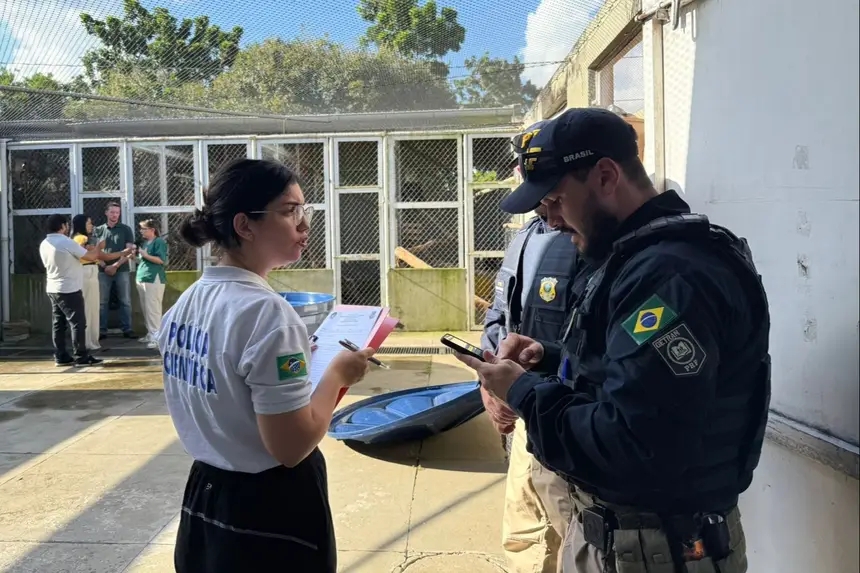
The forensic report from the Forensic Police will support the investigation. In Brazil, the Federal Constitution of 1988 (Art. 225) mandates the protection of fauna and flora, prohibiting, under the law, practices that jeopardize their ecological function, cause the extinction of species, or subject animals to cruelty. Since 1998, Law 9.605/98 establishes that it is a crime to kill, pursue, hunt, capture, use specimens of wild fauna, native or migratory, without proper permission, as well as to commit acts of abuse, mistreatment, injure or mutilate wild, domestic, or domesticated animals, native or exotic, with penalties ranging from 1 to 3 years and fines.

Crimes - In Pará, Law No. 10,449, enacted in April 2024 by Governor Helder Barbalho, established the State Animal Protection Code, which sets standards for the protection, defense, and preservation of animals. In addition to defining the protected species, the Law classifies behaviors considered crimes, such as aggression, abandonment, and leaving the animal without water, food, and space to move, and also prohibits animal traction in urban areas, among other provisions.
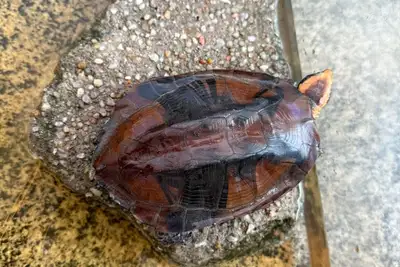
Reports of crimes against animals can be made anonymously through the Disque Denúncia, number 181, at the Specialized Division for Environment and Animal Protection (Demapa), or at any Civil Police station. Demapa is located at KM-01 of the Augusto Montenegro Highway.


